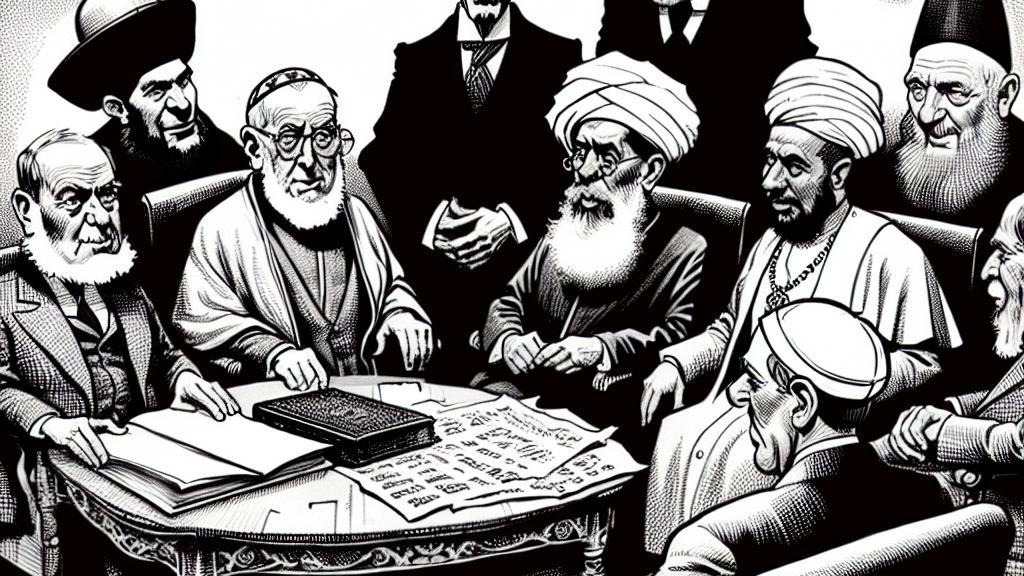Investigation on Abe and Unification Church's Election Support
Overview
- Revelatory reports expose meetings between former Prime Minister Shinzo Abe and leaders of the Unification Church, raising profound ethical concerns.
- Internal documents reveal Abe's direct request for electoral support from this controversial organization, shaking public trust in political integrity.
- As political figures shy away from discussing their ties with the church, public scrutiny intensifies, demanding a transparent dialogue.

Background of the Unification Church Meetings
In a striking expose leading up to the 2013 Upper House elections in Japan, it was unveiled that former Prime Minister Shinzo Abe had conducted meetings with officials from the Unification Church—a group notorious for its aggressive fundraising tactics and alleged exploitation of its followers. This unexpected alliance raised immediate eyebrows among many observers, prompting significant questions about the moral implications of such connections. Further investigations revealed internal documents clearly indicating that Abe solicited support from the church for specific political candidates. This revelation not only highlights a dubious intertwining of politics and religious authority but also poses the alarming question: what is the line between political canvassing and undue influence?
Reactions and Political Ramifications
The aftermath of these revelations has triggered a whirlwind of reactions within Japan's political landscape. Many candidates from the ruling Liberal Democratic Party (LDP) quickly dismissed the call for reevaluating their associations with the Unification Church. This dismissal has attracted sharp criticism, particularly from notable figures like former Prime Minister Yoshihiko Noda. He eloquently described such behavior as 'sweeping the dirt under the rug,' suggesting that it represents a disturbing trend toward avoidance and evasion in addressing fundamental issues of integrity. Critics assert that this kind of political evasion not only diminishes public trust in government officials but also illustrates a broader problem in the relationship between money, influence, and ethical governance in Japan.
Ongoing Investigations and Future Challenges
As the investigations surrounding the Unification Church progress, they unveil increasing complexity regarding its alleged influence on electoral practices. The government has heightened scrutiny on the church’s practices, particularly focusing on its high-pressure donation strategies. The overarching inquiry now is whether these practices undermine Japan's democratic integrity. A pivotal question looms: Will this controversy lead to stricter regulations that govern the intersection of religion and politics? This critical juncture represents not just a moment of potential reform; it also invites citizens to critically reflect on the democratic values they wish to uphold. As public discourse evolves, the question of how to maintain integrity in governance becomes ever more pressing, highlighting the need for an engaged and informed citizenry.

Loading...